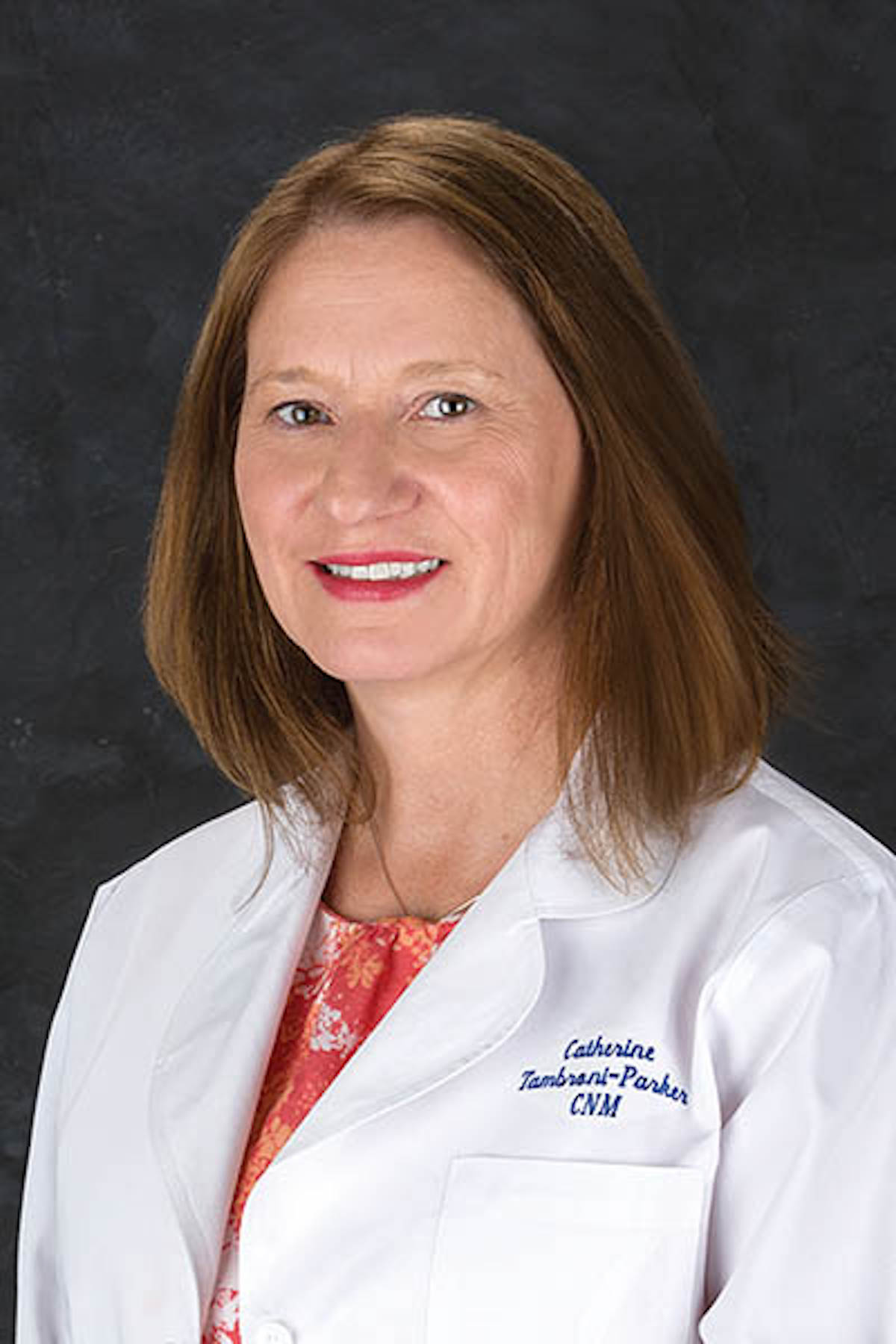
Hospice care might be an option for people who are nearing the end of life due to a terminal illness and have exhausted all other treatment options.
Unlike other medical care, the focus of hospice care is not to cure the underlying disease. The goal is to support the highest quality of life possible for whatever time remains. Enrolling in hospice care early can help your loved one live better.
Hospice care is provided by a team of health care professionals who aim to maximize comfort for a person by reducing pain and addressing physical, psychological, social and spiritual needs. To help families, hospice care also provides counseling, respite care and other support, including bereavement services.
Who is eligible for hospice care? Hospice services are typically for a person who is expected to have six months or less to live.
Many people who receive hospice care have cancer, but hospice care is available for patients with other serious or advanced medical conditions, such as heart disease, dementia, kidney failure or chronic obstructive pulmonary disease.
What is the benefit of hospice care? Hospice care decreases the burden on family, decreases the family’s likelihood of having a complicated grief and prepares family members for their loved one’s death.
Additionally, since many family members often serve as the primary caregiver for their loved one, hospice care can offer a break to caregivers by allowing a patient to be cared for at a facility for a period of time. This is known as respite care.
PULL QUOTE:
Remember, hospice stresses care over cure. The goal is to provide comfort during the final months and days of life.
Who is involved in hospice care? While many people opt to receive hospice care at home, it also can be available at hospitals, nursing homes, assisted living facilities and dedicated hospice facilities. Typically, hospice staff will make regular visits to your home or other setting. Hospice staff are on call 24 hours a day, seven days a week.
A hospice care team typically includes:
- Doctors. A primary care doctor and a hospice doctor or medical director will oversee care. Each patient can choose whether to have their existing primary care doctor or a hospice specialist as their main physician.
- Nurses. Nurses are an integral part of the care team and usually are responsible for the coordination of the hospice care team.
- Home health aides. Home health aides can provide extra support with routine care, such as dressing, bathing and eating.
- Spiritual counselors. Chaplains, priests, lay ministers or other spiritual counselors can provide spiritual care and guidance for the entire family.
- Social workers. Social workers provide counseling and support. They also can provide referrals to other support systems.
- Pharmacists. Pharmacists provide medication oversight and suggestions regarding the most effective ways to relieve symptoms.
- Volunteers. Trained volunteers offer a variety of services, including providing company or respite for caregivers, and helping with transportation or other practical needs.
- Other professionals. Speech, physical and occupational therapists can provide therapy, if needed.
- Bereavement counselors. Trained bereavement counselors offer support and guidance after the death of a loved one in hospice
Selecting a hospice program. Depending upon where you live, there may be several hospice programs available. Speak with your care team, including doctors, nurses and social workers, about their experiences with different hospice programs. Also, ask friends and your local or state office on aging.
Consider the following questions when evaluating a hospice program:
- Is the hospice program Medicare-certified? Is the program reviewed and licensed by the state or certified in some other way? Is the program accredited by The Joint Commission?
- Who makes up the hospice care team, and how are they trained or screened? Is the hospice medical director board-certified in hospice and palliative care medicine?
- Is the hospice program nonprofit or for profit?
- What services are offered to a person who is terminally ill? How are pain and other symptoms managed?
- Does the hospice program have a dedicated pharmacist to help adjust medications?
- Is residential hospice available?
- How are hospice care services provided after-hours?
- How long does it take to get accepted into the hospice care program?
- What services are offered to the family? Are respite services available for caregivers? Are bereavement services available?
Sources: Dr. Maisha Robinson, Neurology, and Dr. Molly Kilpatrick, Palliative Medicine, Mayo Clinic, Jacksonville, Florida. https://newsnetwork.mayoclinic.org/discussion/mayo-clinic-q-and-a-how-can-hospice-care-provide-comfort-to-those-with-terminal-illnesses/
# # #











